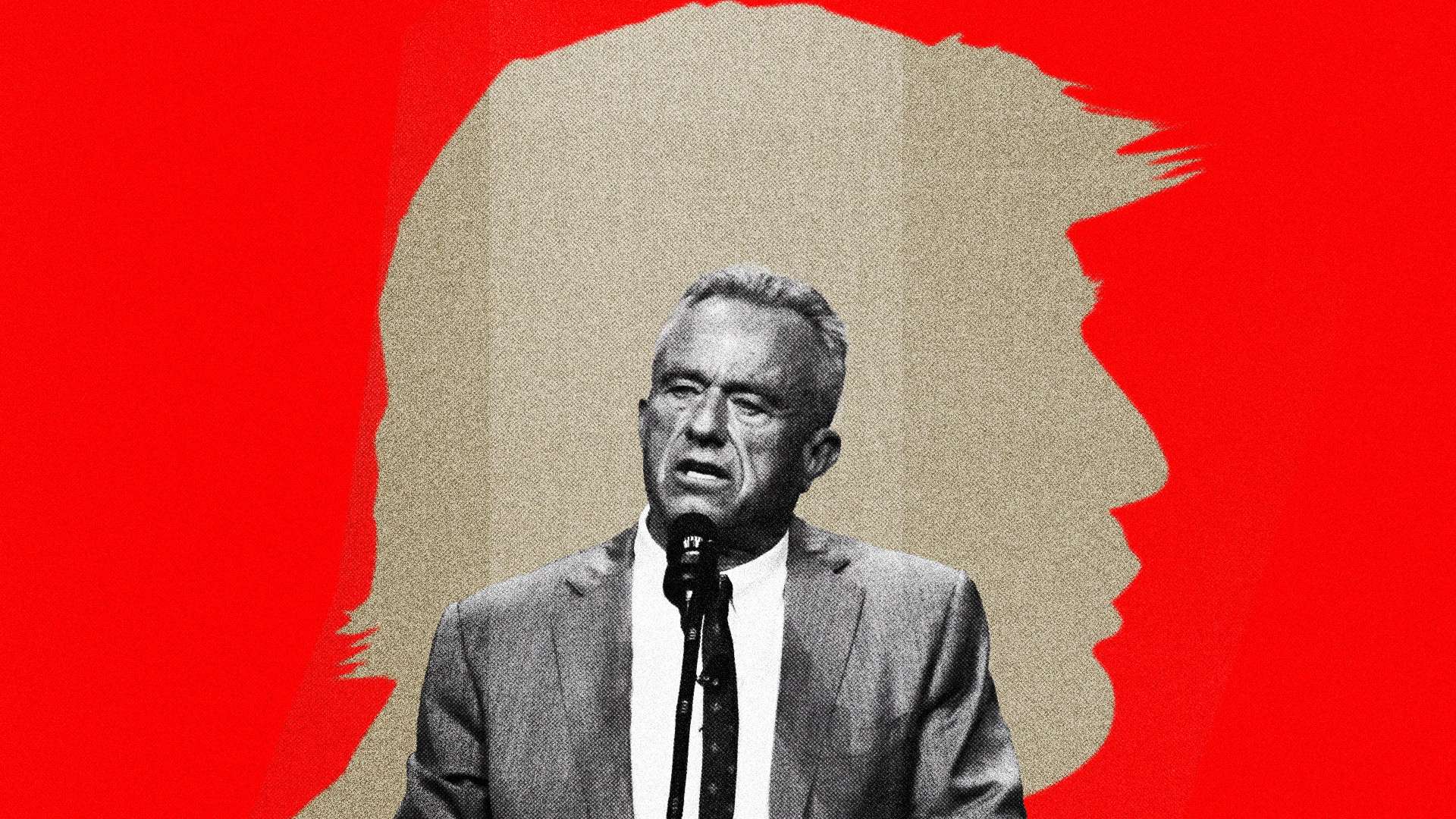RFK Jr. Isn’t Essential for a Healthier America
The “crunchy” community, an online group centered on health and wellness, is characterized by its diverse membership, ranging from traditional wives seeking access to raw milk, to health enthusiasts wary of chemicals, and concerned mothers questioning vaccines. This community typically embraces personal responsibility, advocating for individual choices that promote health for both people and the planet. However, the recent rise of Robert F. Kennedy Jr. (RFK Jr.) and his Make America Healthy Again (MAHA) agenda has sparked a notable shift. While some influencers within the crunchy community now support the federal government in taking a stand against what they perceive as health hazards, such as junk food and chemicals, others advocate fiercely for personal choice, arguing against government intervention. This tension underscores a growing divide within the community concerning the roles of individual choice and government regulation in health-related issues.
Eryn Carroll and Carly Shankman, among other influencers, have voiced their support for RFK Jr.’s initiative, proposing that the federal government should actively work to outlaw GMOs and toxic substances. The shift in perspective illustrates a departure from the traditional ethos of personal responsibility that typically defines the crunchy movement. Many health-conscious individuals who once resisted government overreach in health matters now find themselves torn between their ingrained beliefs about personal choice and the allure of collective health reforms proposed by RFK Jr. This division raises critical questions: Can government intervention coexist with the individual freedoms championed by the community, and does the promise of improved public health justify relinquishing personal choice?
The personal journey of individuals within the crunchy community often fuels their perspectives on health choices. One person’s compelling account shares their transition to a chemical-free lifestyle, prompted not by trends but by severe health challenges. After suffering from chemical allergies that drastically impacted their quality of life, they turned to the crunchy community for practical advice on health and wellness products. Their story highlights a broader trend where many seek natural living options not merely as a preference but as a necessary response to health crises. This emphasizes the significant and often personal implications of discussions around health practices, such as the use of chemicals in daily life.
Moreover, the community’s inquiries into chemical usage and environmental safety resonate with established concerns like those voiced by health advocates such as Darin Olien, who laments that many chemicals have been introduced without rigorous testing. As access to information about environmental health expands through resources like the Environmental Working Group’s (EWG) databases, many individuals feel empowered to question the safety of their surroundings and the products they consume. While the federal government has regulations in place for safety, some believe existing protocols do not sufficiently address contemporary health risks. Yet, the rising availability of certifications and information allows people to make informed decisions about products without needing to drastically alter governmental policies.
Despite the loud calls from some community members for sweeping governmental changes in health policy, there is significant merit in the existing systems that allow for individual choice. Many in the crunchy community emphasize that despite their valid concerns over health and environmental issues, they do not necessarily advocate for increased regulation as a solution. Instead, they argue that individuals can navigate their health and wellness paths through informed decisions, relying on established certifications and personal research. This point of view aligns with the belief that understanding one’s own risks and benefits is essential for making personal health choices, rather than deferring to government mandates.
Ultimately, the crunchy community exemplifies a broader societal debate about health, freedom of choice, and the role of government. Emphasizing personal responsibility, the community encourages individuals to make informed decisions tailored to their unique circumstances while respecting others’ right to choose differently. This highlights the essence of American values, where personal liberty is paramount. As the discussions around health and safety continue to evolve, reinforcing the importance of individual choice remains vital. The prevailing message is clear: While collective efforts and concerns play an important role in improving public health, the power of informed personal choices should not be underestimated, allowing individuals to take charge of their health without relying on outside authorities.
Share this content:












Post Comment